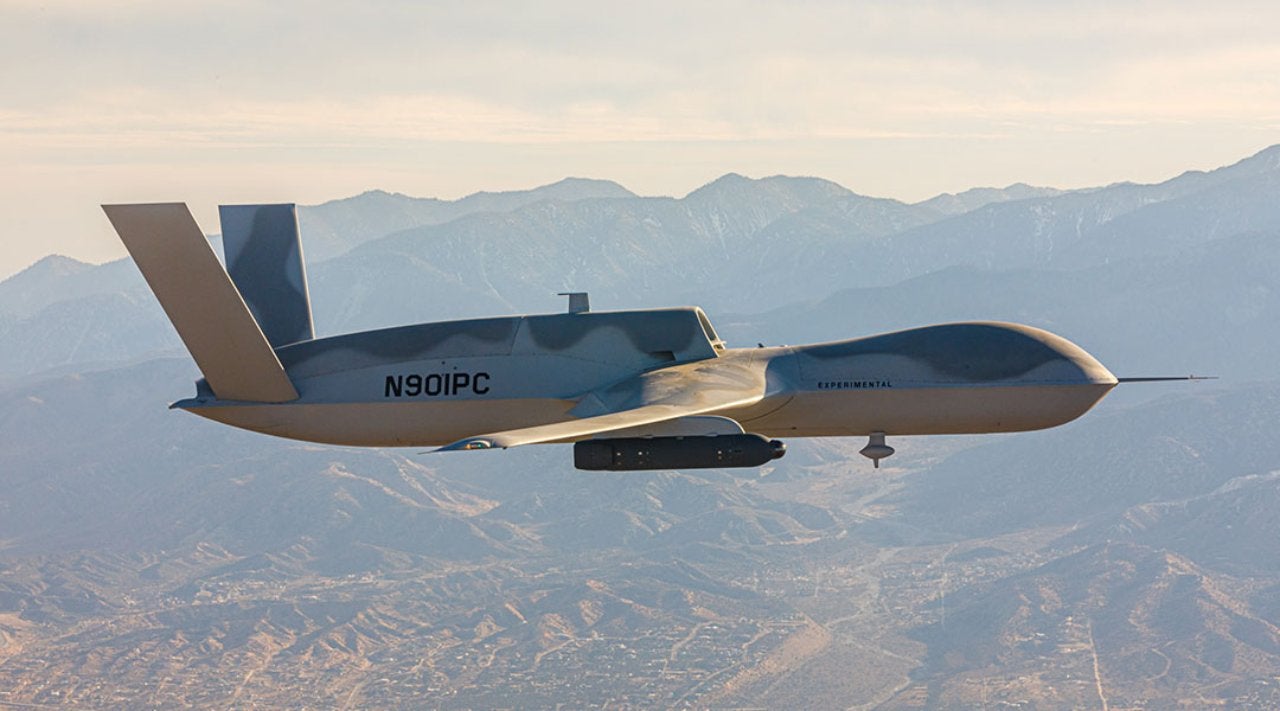Navigating the Skies of Service: A Guide to Flight Customer Support
Introduction
In the intricate dance of air travel, where schedules shift and unforeseen events can disrupt even the best-laid plans, flight customer support emerges as a crucial lifeline. It’s the compass that guides passengers through turbulence, the friendly voice on the other end of the line, and the advocate who ensures that your journey, despite hiccups, remains as smooth as possible. Whether you’re a seasoned globetrotter or a first-time flyer, understanding the landscape of flight customer support can empower you to navigate the skies with confidence.
Understanding the Scope of Flight Customer Support
Flight customer support is more than just answering phones. It encompasses a wide range of services designed to assist passengers at every stage of their journey.
-
Pre-Flight Assistance:
- Booking and Reservations: Assistance with booking flights, selecting seats, managing frequent flyer accounts, and understanding fare rules.
- Information Provision: Providing information on baggage allowances, travel documents, visa requirements, and airport facilities.
- Special Requests: Handling requests for special assistance, such as wheelchair access, dietary needs, or traveling with pets.
-
During Flight Assistance:
- In-Flight Services: Addressing issues related to in-flight entertainment, meal service, or seating arrangements.
- Medical Emergencies: Coordinating medical assistance for passengers experiencing health issues during the flight.
-
Post-Flight Assistance:
- Lost and Found: Assisting passengers in locating and recovering lost luggage or personal belongings.
- Complaint Resolution: Handling complaints related to flight delays, cancellations, baggage issues, or service quality.
- Compensation Claims: Processing claims for compensation due to flight disruptions or baggage damage.
Channels of Communication: Reaching Out for Help
Airlines offer a variety of channels for customers to seek support, each with its own advantages:
- Phone Support: The traditional method, offering real-time assistance from a customer service representative. Ideal for complex issues or urgent situations.
- Email Support: Suitable for non-urgent inquiries or when you need to provide detailed information or documentation.
- Live Chat: A convenient option for quick questions or clarifications, offering instant messaging with a customer service agent.
- Social Media: Many airlines have dedicated social media teams that respond to customer inquiries and complaints on platforms like Twitter and Facebook.
- Mobile Apps: Airline apps often include customer support features, such as flight tracking, chat support, and self-service options for managing bookings.
- In-Person Support: Available at airport service desks or ticket counters, particularly useful for immediate assistance during travel disruptions.
Navigating Common Flight-Related Issues
Flight customer support teams are well-versed in handling a multitude of issues. Here are some of the most frequent scenarios:
- Flight Delays and Cancellations: This is arguably the most common reason passengers contact customer support. Airlines are typically responsible for providing assistance, such as rebooking flights, providing meals, or arranging accommodation, depending on the cause and length of the delay.
- Lost or Delayed Baggage: Airlines have protocols for tracking lost luggage and compensating passengers for expenses incurred due to delayed baggage.
- Overbooking: When a flight is overbooked, airlines may ask for volunteers to give up their seats in exchange for compensation. If you are involuntarily denied boarding, you may be entitled to compensation under regulations like EU 261 or DOT rules in the US.
- Denied Boarding: This can occur for various reasons, such as invalid travel documents or security concerns. Airlines should provide clear explanations and assist passengers in resolving the issue.
- Service Complaints: Passengers may have complaints about in-flight service, cabin conditions, or the behavior of airline staff. Airlines typically have procedures for investigating and addressing such complaints.
Tips for Effective Communication with Flight Customer Support
- Be Prepared: Have your booking reference number, flight details, and any relevant documentation readily available.
- Be Clear and Concise: Explain your issue clearly and concisely, avoiding unnecessary details.
- Be Polite and Respectful: Customer service representatives are more likely to be helpful if you treat them with courtesy.
- Take Notes: Keep a record of your interactions with customer support, including the date, time, name of the representative, and details of the conversation.
- Escalate if Necessary: If you are not satisfied with the initial response, don’t hesitate to escalate your issue to a supervisor or manager.
The Future of Flight Customer Support
The field of flight customer support is constantly evolving, driven by technological advancements and changing customer expectations.
- Artificial Intelligence (AI): AI-powered chatbots are becoming increasingly common, providing instant answers to frequently asked questions and handling routine tasks.
- Personalization: Airlines are using data analytics to personalize customer support, offering tailored solutions based on individual preferences and travel history.
- Proactive Support: Airlines are leveraging predictive analytics to anticipate potential issues, such as flight delays or cancellations, and proactively reach out to affected passengers.
Conclusion
Flight customer support is an essential component of the air travel experience. By understanding the scope of services, communication channels, and common issues, passengers can navigate the skies with greater confidence and peace of mind. As technology continues to advance, flight customer support is poised to become even more personalized, proactive, and efficient, ensuring that every journey is as smooth and enjoyable as possible.


Leave a Reply